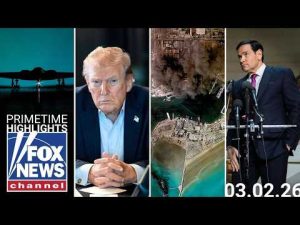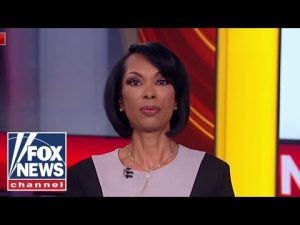In a world where the news cycle spins faster than a merry-go-round, keeping track of events can feel like chasing after a balloon in a hurricane. However, some stories demand attention, especially when they’re as serious as protecting the life of one of the most prominent figures in modern politics. Recent revelations about potential assassination attempts on Donald Trump have conspiracy theories swirling faster than a tornado.
The chaotic narrative goes like this: Donald Trump stands exposed in the public eye, raising questions about a possible sinister agenda. In a field, allegedly left without adequate security details, an anarchistic menace managed a rooftop perch, firing shots with eerie accuracy. The result: a cascade of troubling questions.
What’s even more troubling is the suggestion that such mishaps might not be harmless missteps but could potentially be orchestrated with malicious intent. Eyebrows are raised further by conjectures of other assassination attempts, including a supposed scenario involving a suspicious drone tailing Trump’s motorcade. These incidents paint a picture of a man perpetually under threat, which generates a bizarre mix of dread and disbelief among his supporters. The mainstream media’s relative silence is perhaps the most alarming element, causing many to wonder: would the reaction be different if the target had been from the opposing political camp?
Despite the gravity of these claims, one thing is certain: the need for robust protection for public leaders, free from any political bias, is paramount. Assassination attempts are not just personal attacks but a threat to the democratic fabric. All presidents deserve safety, regardless of politics, and it’s crucial that protective services remain impervious to the tumult of political tides. It’s a call for safeguarding institutions, ensuring they’re built not on shaky foundations of partisanship but on solid ground fostering peace and security for all.







